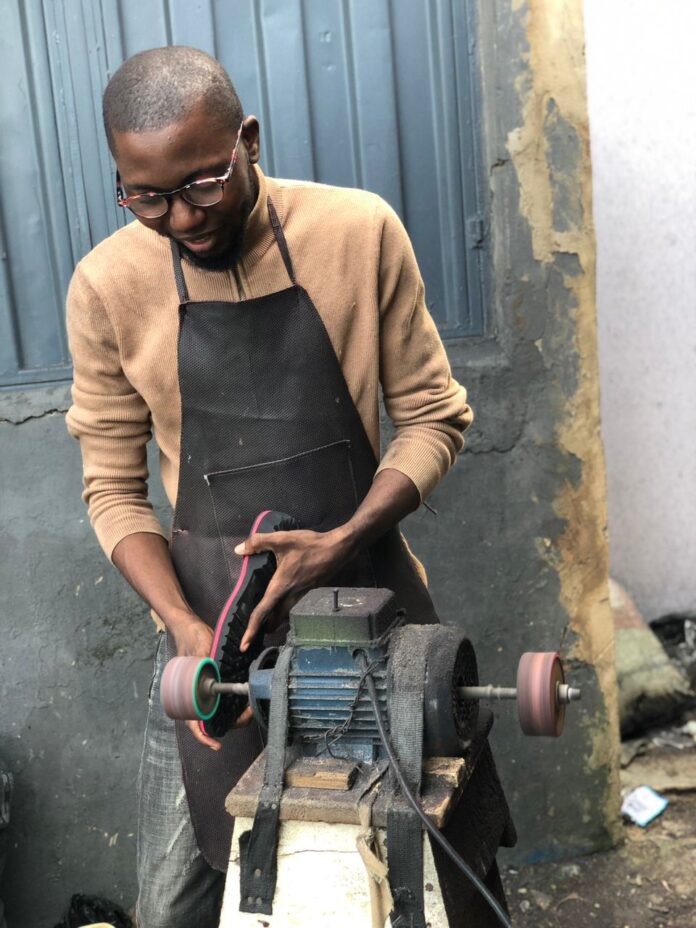With Nigeria’s footwear market valued at ₦1.4 trillion in 2020, Tajudeen Razaq Adefowope, a master’s degree graduate of business management, University of Lagos, who started his shoemaking journey in 2016, is making his marks, crafting exceptionally, quality shoes.
By Eberechi Obinagwam
With Nigeria’s footwear market valued at ₦1.4 trillion in 2020, Tajudeen Razaq Adefowope, a master’s degree graduate in business management from University of Lagos, who started his shoemaking journey in 2016, is making his marks. As CEO of Spinel Leather Series, he is driven by a passion for crafting exceptionally, quality shoes.
“Spinel Leather Series is a bespoke shoemaking brand crafting high-quality and unique footwear. I saw a gap in the market for comfortable, durable shoes that reflect individual style, and my passion for fashion and design drove me to fill it,” he said.
Tajudeen’s footwear journey
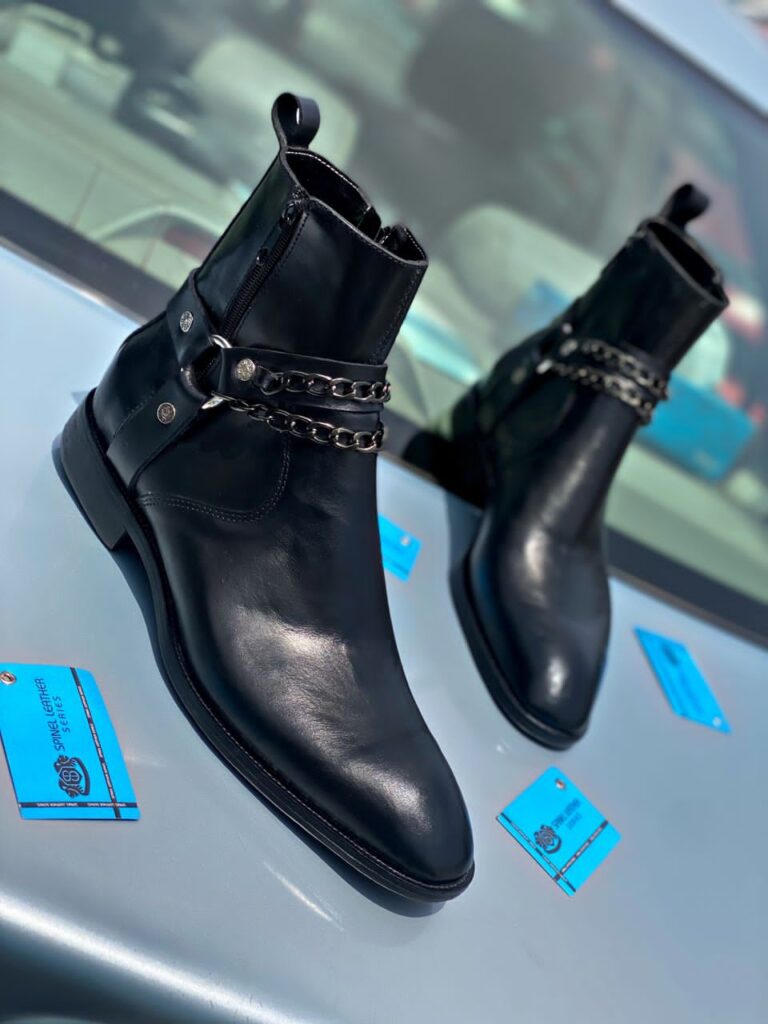
Tajudeen said his shoemaking journey began in 2012 when he accompanied a friend to Darosha Market in Agege, Lagos State to repair his shoe sole while still in the university, “Mesmerized by the craftsmanship, I returned during holidays to learn from skilled artisan. However, the 2013 ASUU strike provided an unexpected opportunity, allowing me to dedicate six months to honing my skills and in 2016, I officially luanched my business after completing my NYSC.”
The struggles in securing a business place
Tajudeen who started his business at Darosha market in Agege, Lagos co-rented a shop with colleagues at Abiola Market after the demolition of Darosha market and eventually established his own workspace in 2021.
READ ALSO:
TheNiche Young Entrepreneur: From odds to successes: Oluwaseun’s strides in beauty industry
Just as he was trying to gain grounds, the Lagos State government demolished Abiola Market in April 2024 as part of its urban renewal initiatives, prompting his relocation to a private workspace in Harunna, Ogba, Lagos State. That movement proved a turning point in his business activities and success profile.
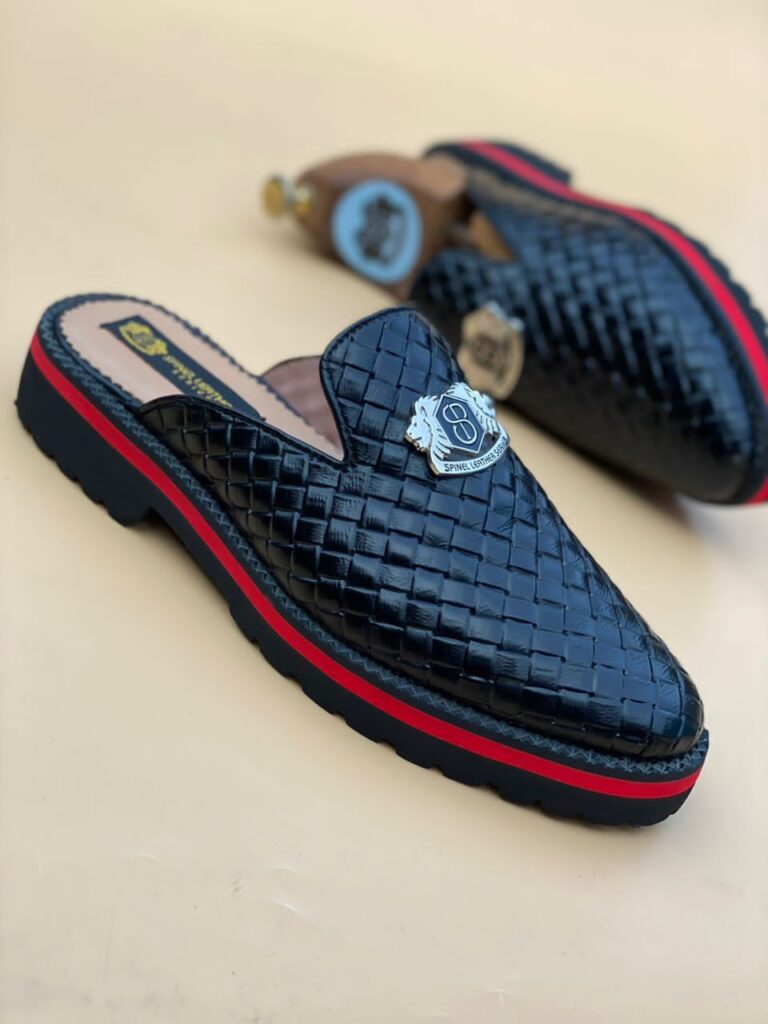
Sourcing for capital
Tajudeen said capital was not a challenge for him because he leveraged on existing infrastructure where he learned his skill, “Sourcing capital wasn’t a significant hurdle for me. By learning in a shoemaking market environment, I leveraged existing infrastructure and equipment rental options. This allowed me to start small and scale up gradually.”
Explaining his success, his said, “To build capacity, I adopted a strategic reinvestment approach. I allocated profits from each pair sold to purchase essential equipment, sometimes using all or part of the earnings. This incremental investment enabled me to expand operations sustainably. Today, our brand has garnered nominations, but I focus on delivering exceptional quality rather than pursuing awards. This prioritization allows us to stay committed to our customers and craft.”

Penetrating the market
Breaking into the market took Tajudeen six months, “Initially, penetrating the market was challenging due to limited networks and financial constraints. Traditional word-of-mouth referrals weren’t effective, as my circle consisted of fellow fresh graduates with limited purchasing power.
“To overcome this, I leveraged online platforms like OLX and Facebook to expand my reach. As I honed my craft, I started receiving orders from resellers who would sell under their own brand. Realizing they were accessing customers through social media, I learned social media marketing, invested in targeted ads on Instagram and Facebook, and successfully attracted direct customers.
Breaking into the market took me approximately six months. By adapting my strategy and embracing digital marketing, I transformed my business and started securing clients independently.”
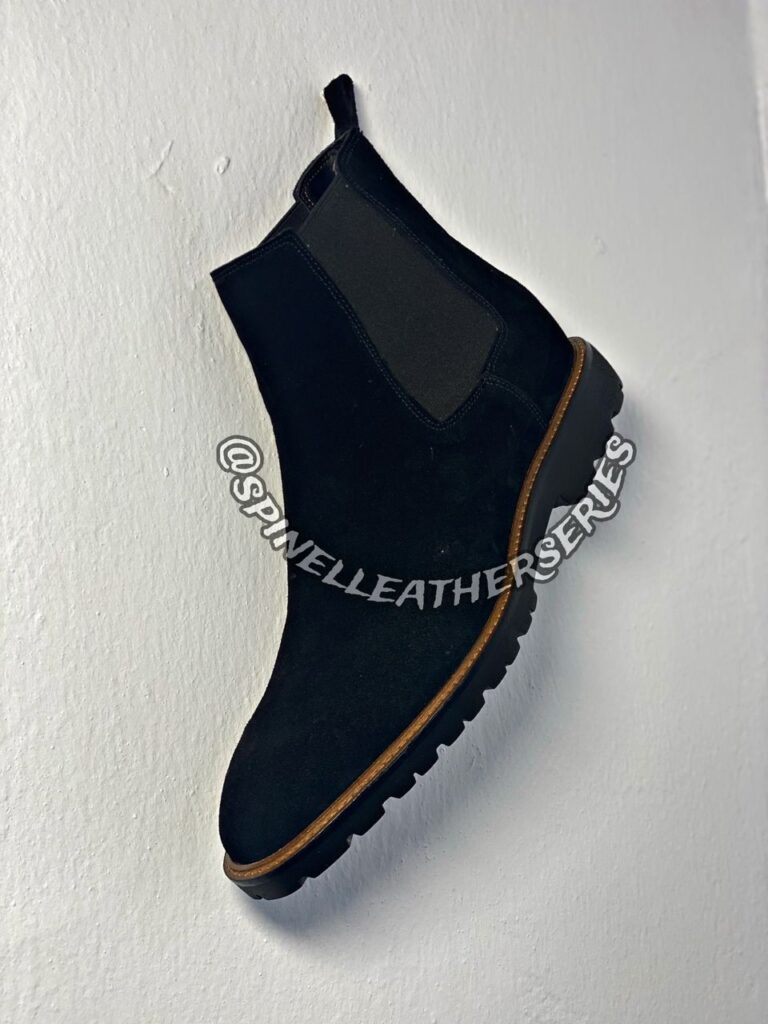
Business breakthrough
Tajudeen’s significant breakthrough was realizing that successful shoemakers were earning more than his corporate-world peers, “A significant breakthrough for me was realizing that successful shoemakers were earning more than my corporate-world peers. This glimpse of financial potential gave me the security and motivation to forge ahead, knowing that with dedication and hard work, I could surpass corporate salaries and build a thriving business.”
Challenges faced by business owners in Nigeria
Tajudeen said persistent rise in the cost of materials is a major challenge to him, “The daily increase in prices of raw materials squeezes our profit margins, making it unsustainable to adjust prices frequently.”
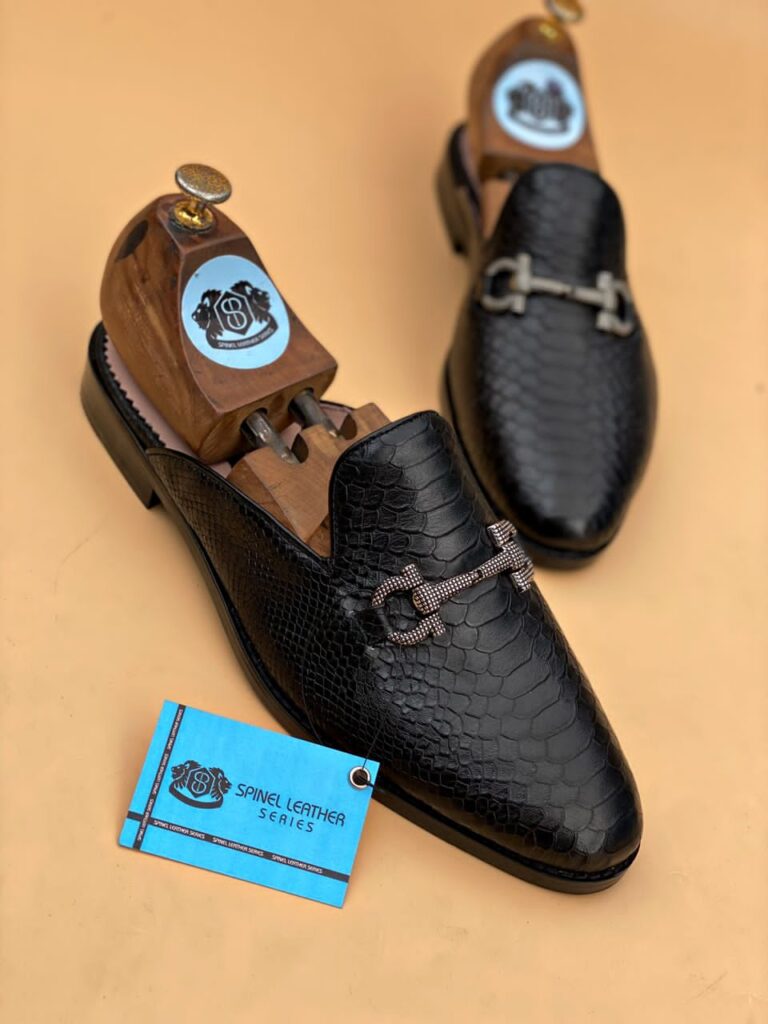
Japa
Despite Nigeria’s challenges, the CEO of Spinel Leather Series said he chose to stay in Nigeria, “I have chosen to stay because I’ve found viable opportunities here. Emigrating, or ‘Japa,’ requires significant resources – approximately 20-30 million naira – which I’d rather reinvest in my business. Why abandon certainty for uncertainty when I can grow my enterprise and earnings here?”
Driving growth
Through Spinel Leather Series, Tajudeen has created employment opportunities; he has a number of staffs working for him. He promotes local craftsmanship and materials, innovatives designs and products, collaborates with Nigerian designers and brands. He also trains people with his skill.
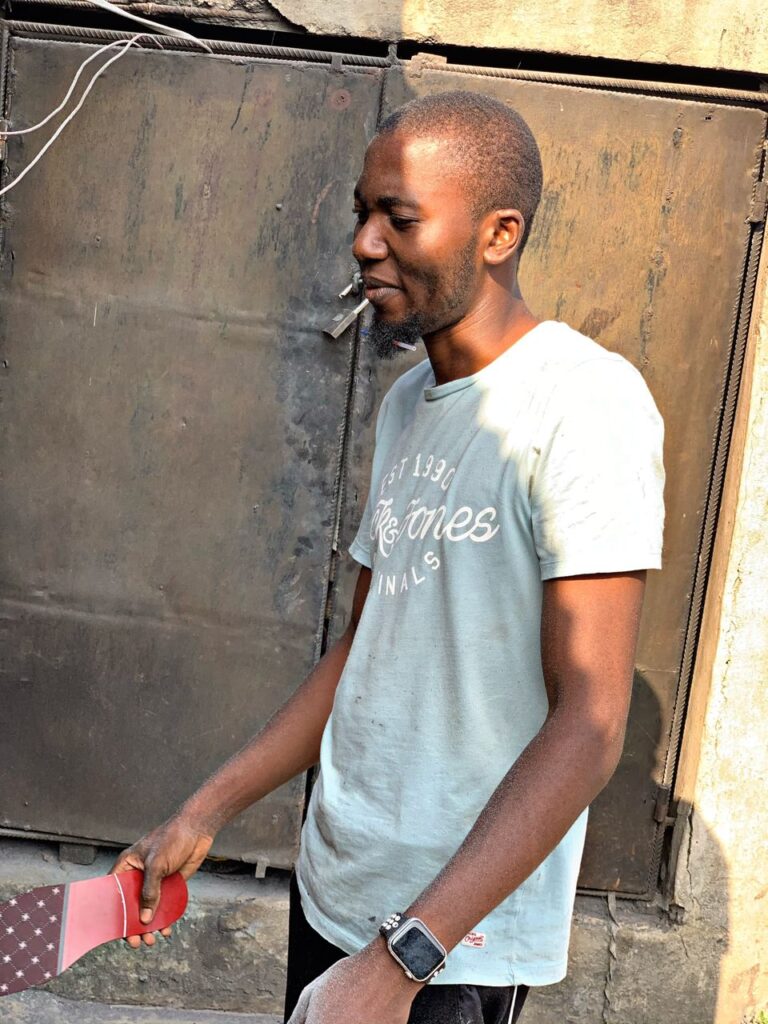
Tajudeen Razaq Adefowope was born and raised in Lagos. He holds a Bachelor’s degree in Marketing from Lagos State University (LASU) and a Master’s degree in Business Management from the University of Lagos (UNILAG).
He is a testament to Nigerian entrepreneurship and innovation. His story inspires others to pursue their passions and contribute to the country’s growing footwear industry.


